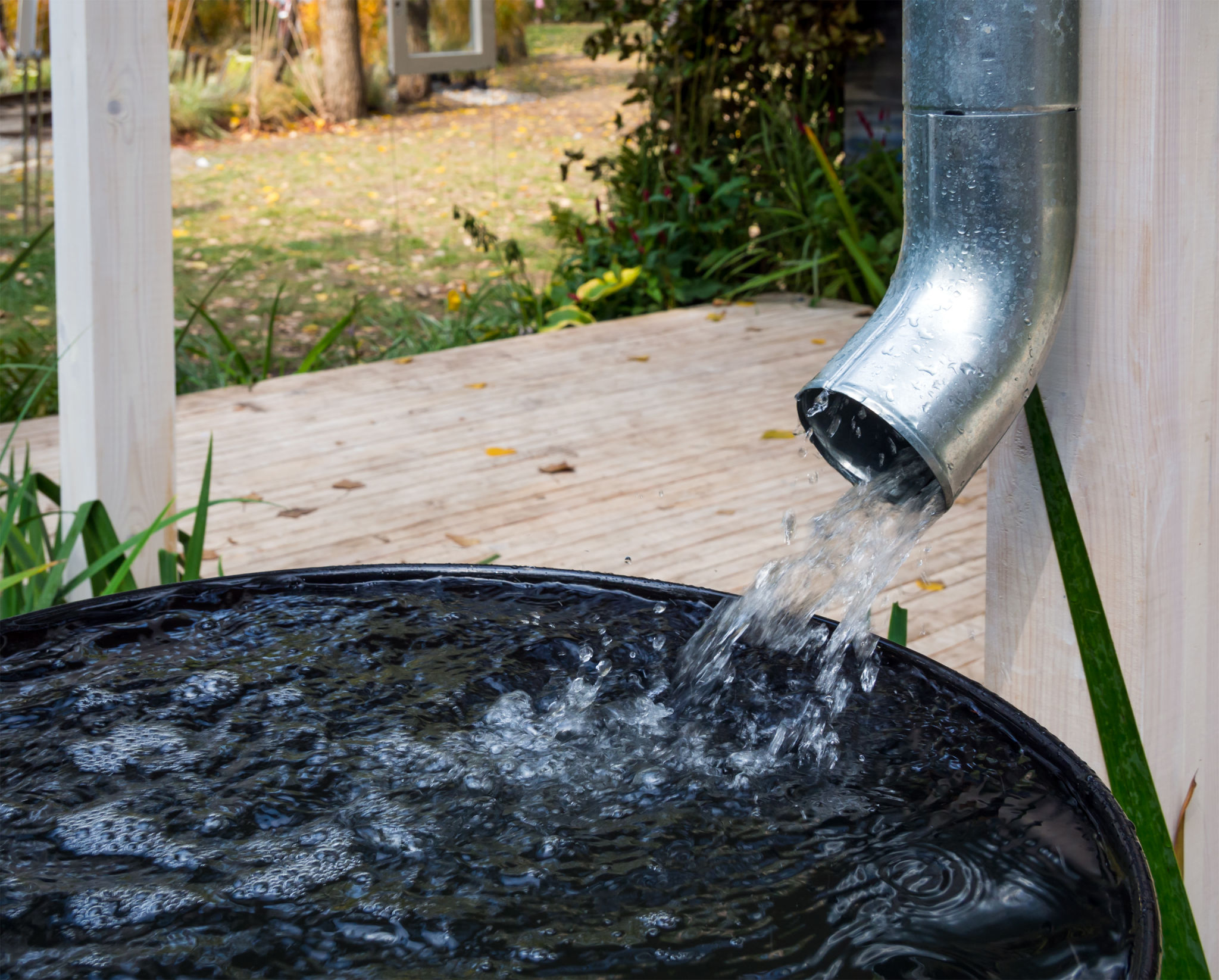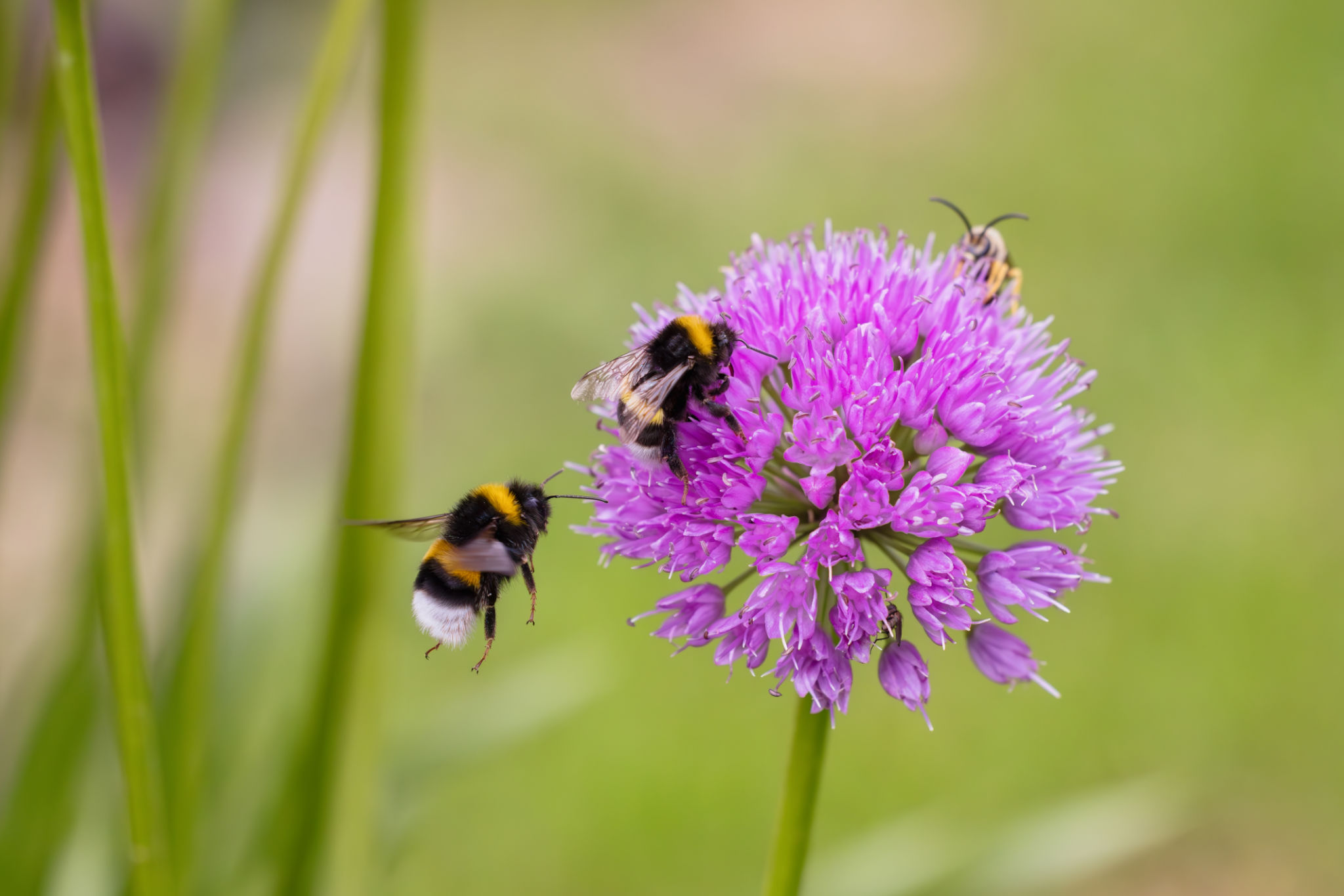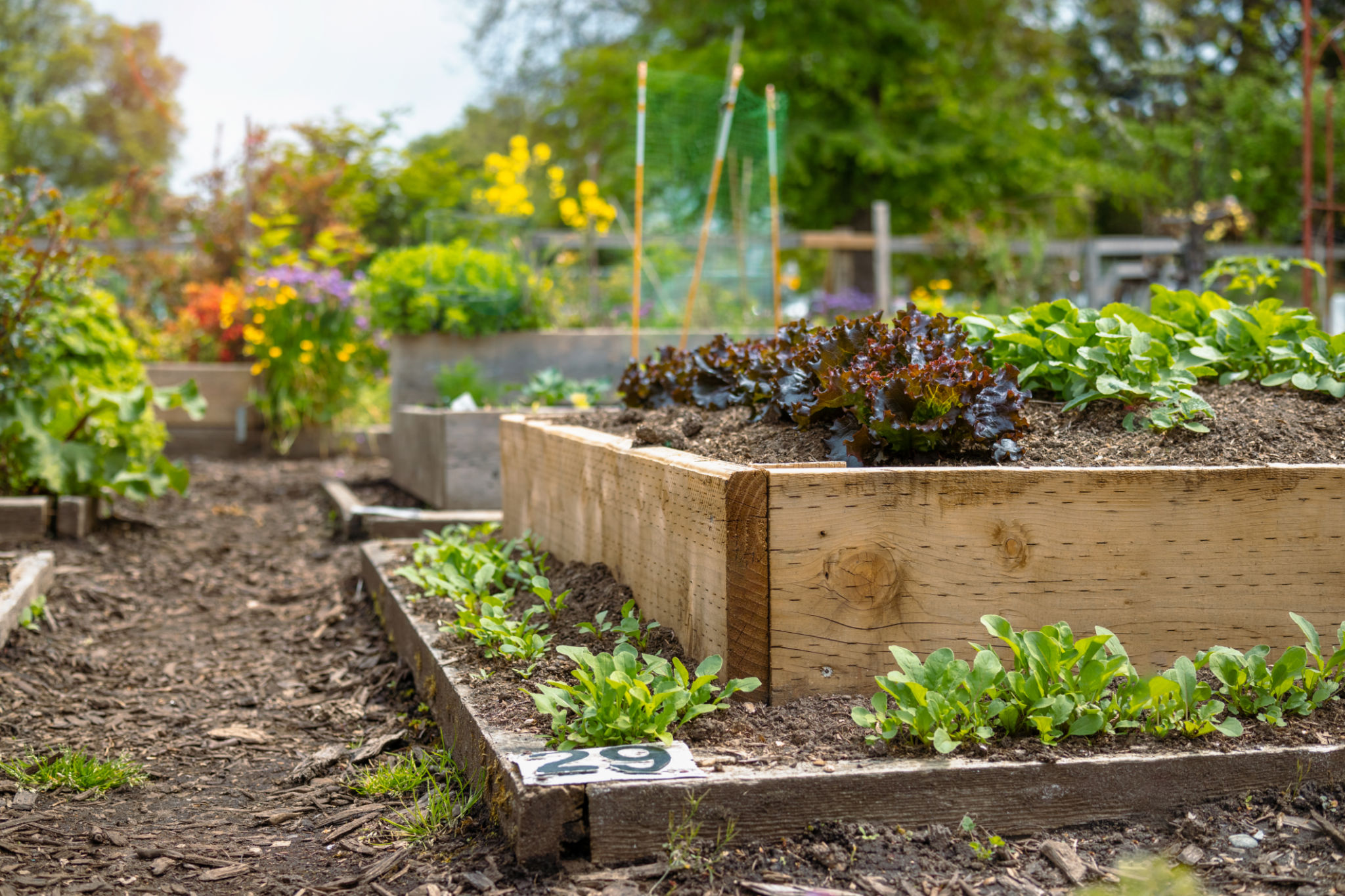Creating a Sustainable Garden: Lessons from Tucson's Local Experts
Understanding the Tucson Climate
Tucson, Arizona, is known for its unique desert climate, characterized by hot summers and mild winters. This presents both challenges and opportunities for gardeners aiming to create a sustainable garden. Local experts emphasize the importance of embracing the natural conditions rather than working against them. By selecting plants that are native to the Sonoran Desert, gardeners can ensure that their gardens remain robust and thriving throughout the year.

Choosing the Right Plants
One of the key lessons from Tucson’s gardening experts is the importance of plant selection. Native plants such as agave, yucca, and mesquite are well-suited to the dry conditions and require minimal water. These plants have evolved to thrive in the desert environment, making them an ideal choice for sustainable gardening. Additionally, incorporating a variety of plant species can enhance biodiversity and create a resilient ecosystem.
Water Conservation Techniques
Water is a precious resource in Tucson, and sustainable gardens must be designed with conservation in mind. Local experts recommend using techniques such as rainwater harvesting and drip irrigation to minimize water usage. Rain barrels can collect and store rainwater for use during dry periods, while drip irrigation systems deliver water directly to the plant roots, reducing evaporation and runoff.

Soil Health and Mulching
The health of the soil is another crucial aspect of sustainable gardening. In Tucson, where soil can be nutrient-poor and sandy, adding organic matter such as compost can significantly improve soil fertility and structure. Mulching is another effective strategy, as it helps retain soil moisture, suppresses weeds, and provides nutrients as it breaks down. Experts suggest using materials like straw, wood chips, or bark as mulch options.
Attracting Beneficial Wildlife
Creating a sustainable garden also involves attracting beneficial wildlife such as pollinators and natural pest controllers. Tucson’s local experts advise planting flowers that attract bees, butterflies, and hummingbirds. Milkweed is particularly effective for attracting monarch butterflies, while lavender and salvia are excellent choices for encouraging bees.

Implementing Permaculture Principles
Permaculture is a gardening philosophy that emphasizes working with nature rather than against it. By observing natural ecosystems, gardeners can design gardens that are both productive and sustainable. Tucson experts suggest incorporating permaculture principles such as companion planting, where plants support each other’s growth, and creating swales to manage water flow naturally across the garden landscape.
Community Involvement and Resources
Gardening in Tucson offers ample opportunities for community involvement. Local gardening groups and workshops provide valuable resources and support for those interested in sustainable gardening practices. Engaging with these communities can help gardeners learn from experienced individuals and share their own insights.

Continuous Learning and Adaptation
Sustainable gardening is an ongoing process that requires continuous learning and adaptation. Climate conditions can change, and new techniques may emerge over time. By staying informed and open to new ideas, gardeners can ensure their gardens remain vibrant and environmentally friendly. Tucson’s local experts stress the importance of being adaptable and proactive in managing garden sustainability.
In conclusion, creating a sustainable garden in Tucson involves understanding the local climate, selecting appropriate plants, conserving water, maintaining soil health, attracting beneficial wildlife, applying permaculture principles, engaging with the community, and being open to continuous learning. By following these guidelines, gardeners can cultivate thriving landscapes that harmonize with the natural desert environment.